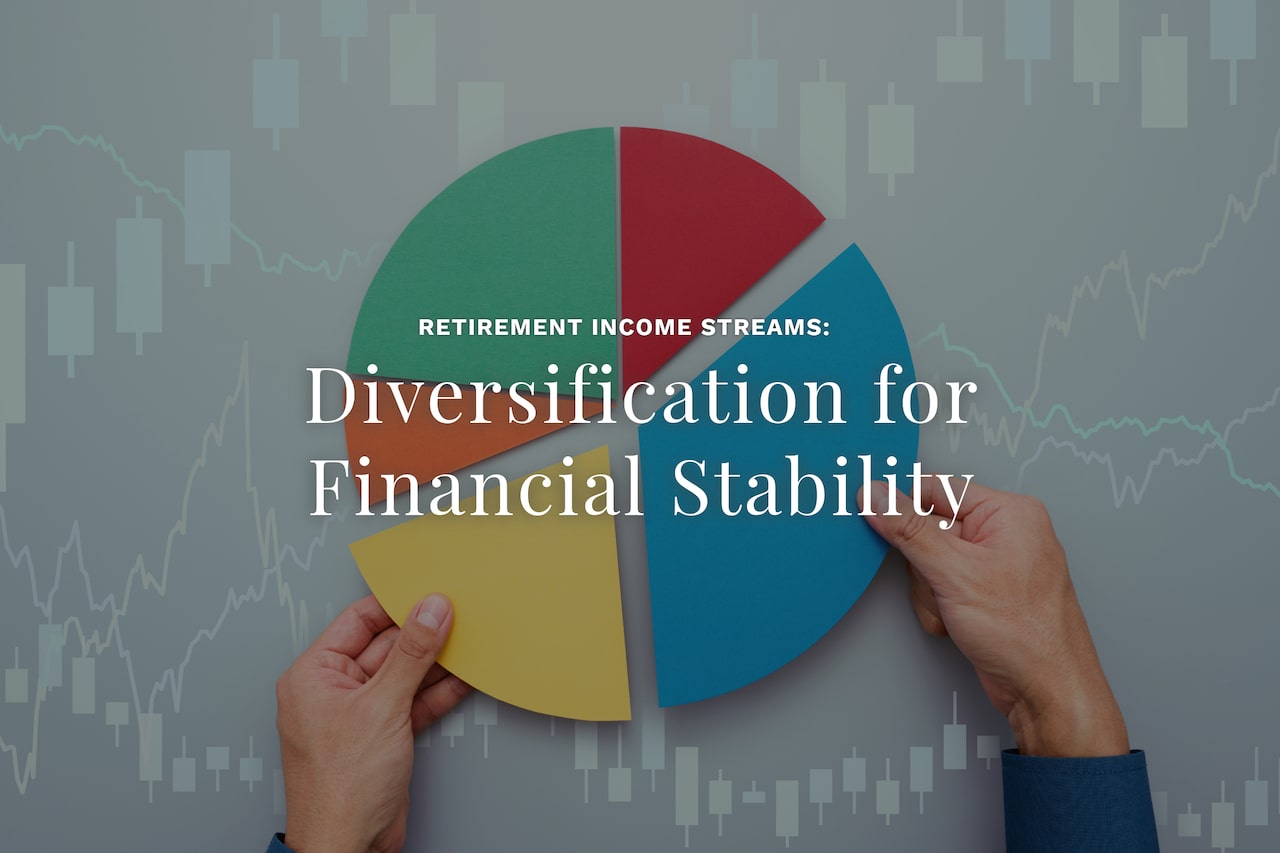Planning for retirement involves considering a range of factors, and one of the most critical—yet often underestimated—is inflation. Inflation steadily reduces the value of money over time, meaning that the retirement savings you’ve worked hard to build may buy less in the future than they do today. This gradual erosion of purchasing power can make it harder to maintain the lifestyle you’ve envisioned during your retirement years. By focusing on preserving your purchasing power, you can better protect your savings and prepare for the rising costs of living. In this article, we’ll explore how inflation affects retirement savings and share actionable steps you can take to safeguard your financial future while staying aligned with your long-term goals.
Understanding Inflation and Purchasing Power Concerns for Retirees
Inflation is the gradual increase in the prices of goods and services over time – something we’ve all been experiencing since 2021. For retirees, this means that the same amount of money will buy fewer goods and services in the future. Understanding the impact of inflation is the first step in developing a strategy to safeguard your retirement savings. By recognizing how inflation affects purchasing power, retirees can take proactive measures to ensure their financial plans remain resilient. This includes exploring investment options, adjusting budgets, and regularly reviewing financial strategies to stay ahead of rising costs.
The Necessity of Estimating Your Expenses in Retirement
Planning for inflation begins with gaining a clear understanding of your anticipated retirement expenses. Start by categorizing these expenses into two main groups: essential and discretionary. Essentials, such as housing, healthcare, utilities, and food, are the foundation of your retirement budget and are often the most impacted by inflation over time. Discretionary expenses, like travel, hobbies, and dining out, may be more flexible, but they can still be affected by rising costs.
It’s also important to account for how inflation might vary across different categories. For instance, healthcare costs often rise at a faster rate than general inflation, posing a significant challenge for retirees. By identifying these trends and prioritizing essential expenses, you can better prepare your financial plan to absorb the effects of inflation and maintain your quality of life throughout retirement.
This guide may be helpful in expense planning:
Essential Spending
- Housing: Evaluate your housing expenses carefully, including costs such as mortgage or rent payments, property taxes, insurance, and upkeep. It’s important to acknowledge that real estate expenses can be influenced by inflation, especially in regions where housing markets are more volatile. Homeowners should also account for the possibility of increasing property taxes and rising homeowners’ insurance premiums as part of their long-term financial planning.
- Healthcare: Healthcare costs are a major consideration in retirement, and they often exhibit inflation rates higher than the general cost of living. Include expenses such as health insurance premiums, out-of-pocket medical costs, and potential long-term care expenses in your analysis. As medical costs tend to rise with age, it’s crucial to account for the impact of inflation on your healthcare budget.
- Food: Though food is a basic necessity, its cost can be influenced by various factors, including supply chain disruptions and agricultural trends. Consider how inflation may affect grocery prices, dining out, and any dietary considerations that could impact your budget. Maintaining a realistic estimate of your food expenses will contribute to a more accurate overall financial plan.
Discretionary Spending
- Travel and Leisure: Discretionary expenses, such as travel, entertainment, and leisure pursuits, can bring enjoyment and richness to your retirement years. However, these expenditures are often more vulnerable to inflation, especially within industries like hospitality and tourism, where rising costs can significantly impact your budget over time.
- Personal Hobbies and Interests: Whether it’s pursuing a passion for golf, art, or any other hobby, anticipate potential inflationary impacts on the costs associated with your personal interests. While discretionary in nature, these activities contribute significantly to your overall satisfaction and well-being in retirement.
- Technology and Upgrades: As technology evolves, so do the associated costs. Whether it’s upgrading electronic devices, subscribing to streaming services, or investing in the latest gadgets, consider how inflation may influence the expenses tied to staying technologically current.
When you take the time to meticulously categorize your retirement expenses into essential and discretionary items, you gain important clarity in understanding of the potential impacts of inflation on each aspect of your budget.
How to Start Building Your Inflation-Adjusted Retirement Investment Portfolio
To help mitigate the impact of inflation, it’s important to structure your investment portfolio to achieve returns that exceed the pace of rising costs. A diversified approach is key—consider spreading your investments across different asset classes such as stocks, bonds, and inflation-protected securities. This combination can help create a balanced portfolio that not only addresses inflation but also aligns with your risk tolerance and long-term retirement objectives.
Can Social Security Play a Role in Inflation Protection?
The fact is, Social Security benefits are designed to be adjusted for inflation, providing a valuable source of protection against rising living costs. Understand how cost-of-living adjustments (COLAs) work and factor them into your overall retirement income plan. Optimizing the timing of when you claim Social Security benefits can also impact the inflation-adjusted income you receive.
Withdrawing from Retirement Accounts Strategically
When taking withdrawals from retirement accounts, it’s important to factor in both the tax consequences and the effects of inflation. Implementing a systematic withdrawal strategy that adjusts for inflation can help maintain the longevity of your savings. Additionally, consider the potential advantages of Roth IRA conversions, which may offer tax diversification in retirement. By focusing on tax-efficient withdrawal methods, you may be able to potentially retain more of your retirement income and better manage your financial stability.
The Importance of Undertaking Continual Monitoring and Making Adjustments
Inflation and economic conditions are not static. Since they will change over time, it is crucial to regularly review and adjust your retirement plan. Periodic check-ins with your financial advisor can help ensure that your investment strategy, withdrawal plan, and overall retirement approach remain aligned with your financial goals and the evolving economic landscape.
Take Smart Steps Now to Mitigate the Impacts of Inflation on Your Retirement Stability
Preparing for retirement with inflation in mind requires a thoughtful and strategic approach. As rising costs gradually reduce the value of your savings, preserving purchasing power becomes essential to maintaining your desired lifestyle. Smart investment decisions, diversifying income sources, and regular financial plan reviews can help mitigate inflation’s impact. By staying proactive, you can adjust your strategies to keep up with inflation so that your savings continue to support you throughout retirement.
At Seaman Retirement Planning, we can help you implement strategies to accumulate wealth and to preserve its value over the long term. We specialize in providing comprehensive financial planning services that are tailored to your unique needs and goals, and we’re happy to answer any questions you may have. Whether you’re planning for retirement, managing your investments, or protecting your income through strategic tax and insurance planning, our team is here to offer guidance. Contact us today to schedule your Complimentary Analysis!


















































